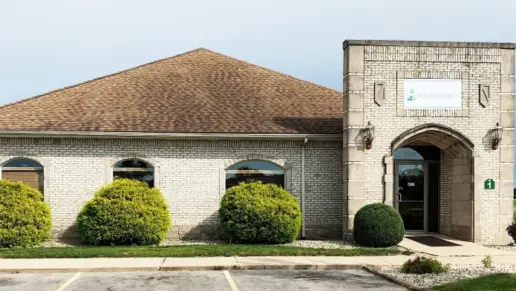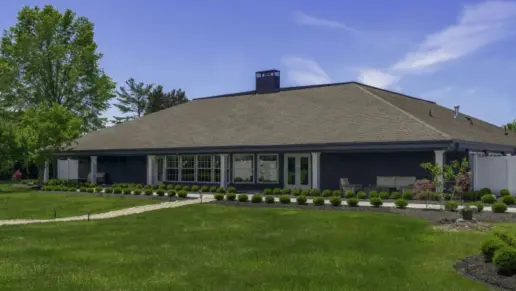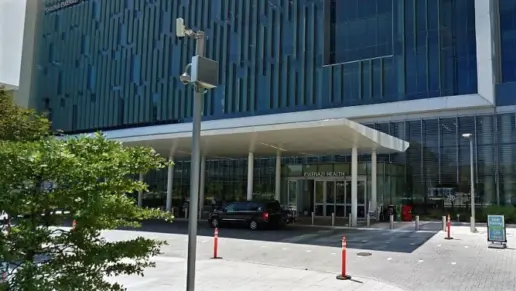Maybe they have been able to help a lot of people but honestly not in my case, they are not comprehensive and are too close minded to offer me what I needed.
About Salvation Army Harbor Light Center
The Salvation Army Harbor Light Center in Indianapolis, Indiana, serves as a drug and alcohol rehab facility. Their goal is to assist those who want treatment and are ready to work on overcoming their addiction. They provide social, mental, physical and spiritual rehabilitation through their programs. They offer both inpatient and outpatient treatment programs for substance abuse.
They are evangelical in nature and associate with the global Christian Church. The Bible is the source of their message.
They offer an intensive rehabilitation unit to help you overcome addiction, rebuild your life and reintegrate into the community. This unit provides residential treatment if you are in need of basic education and counseling to help modify your attitudes and behaviors after detoxing.
They also offer an intensive outpatient program (IOP). This can provide long term care plans and continuous treatment. You’ll learn about addiction triggers and how to approach issues and change your lifestyle through educational and counseling sessions.
They provide employment services as well. Their transitional job programs can help you with proper job behaviors, resume writing and interviewing techniques. They also focus on conflict resolution and other workplace skills in addition to helping you find employment.
They also offer teenage drug abuse treatment. They use evidence based techniques with separate groups for boys and girls appropriate for ages 13 to 17. Pro social recreational activities in their spacious community center are a crucial element.
If you’re experiencing acute physical distress due to alcohol or drug abuse you can receive medical intervention 24 hours a day 7 days a week through their residential sub acute detoxification program. A licensed doctor oversees this unit which is manned by certified and state licensed nurses.
Their residential treatment program is a 28 day round the clock supervised living program with highly structured addiction programming. This program emphasizes recovery and relapse prevention techniques and includes educational classes about chemical dependency. Their transitional housing ambassador program offers affordable housing for adult men and women aged 18 and up who require temporary housing.
Latest Reviews
Rehab Score
Gallery
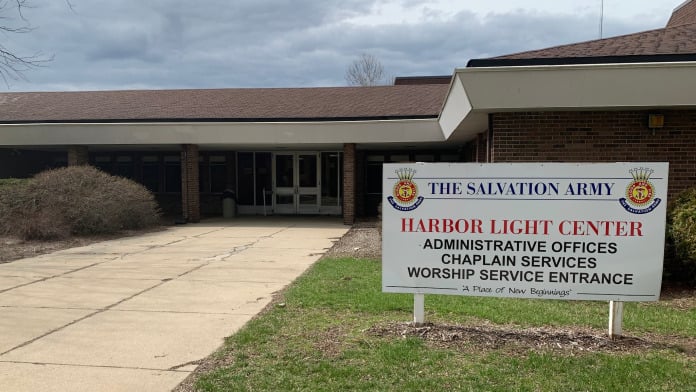
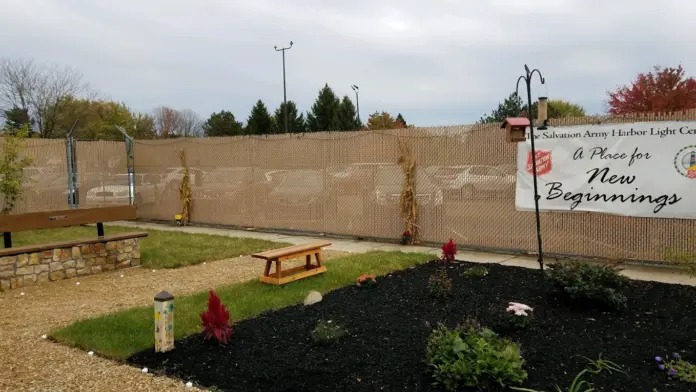
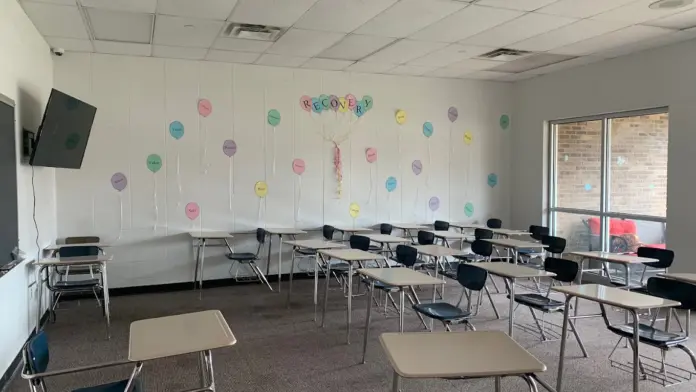
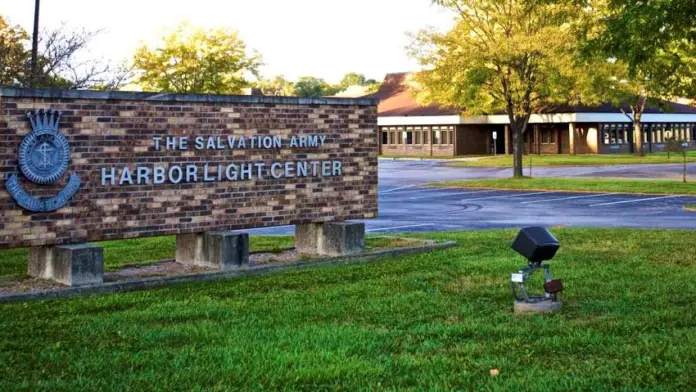
Location
Other Forms of Payment
Self-pay involves paying for treatment out of your own pocket. You can use savings or credit, get a personal loan, or receive help from family and friends to fund your treatment. If you don't have insurance or your insurance plan doesn't cover a specific program, self-pay can help ensure you still get the care you need.
Sliding scale payments are based on a client's income and family size. The goal is to make treatment affordable to everyone. By taking these factors into account, addiction recovery care providers help ensure that your treatment does not become a financial burden to you or your family, eliminating one barrier to care.
Medicaid is a state based program that helps lower-income individuals and families pay for healthcare. Medicaid covers addiction treatment so those enrolled can use their coverage to pay for rehab. When a program accepts Medicaid the client often pays very little or nothing out of their own pocket.
Addiction Treatments
Levels of Care
Treatments
The goal of treatment for alcoholism is abstinence. Those with poor social support, poor motivation, or psychiatric disorders tend to relapse within a few years of treatment. For these people, success is measured by longer periods of abstinence, reduced use of alcohol, better health, and improved social functioning. Recovery and Maintenance are usually based on 12 step programs and AA meetings.
For long-term recovery from drug addiction, drug rehab in Indiana is often key. This treatment gives individuals who are struggling with a substance use disorder the tools to manage their disorder and achieve long-term sobriety.
Opioid rehabs specialize in supporting those recovering from opioid addiction. They treat those suffering from addiction to illegal opioids like heroin, as well as prescription drugs like oxycodone. These centers typically combine both physical as well as mental and emotional support to help stop addiction. Physical support often includes medical detox and subsequent medical support (including medication), and mental support includes in-depth therapy to address the underlying causes of addiction.
Substance rehabs focus on helping individuals recover from substance abuse, including alcohol and drug addiction (both illegal and prescription drugs). They often include the opportunity to engage in both individual as well as group therapy.
Programs

Clinical Services
Research clearly demonstrates that recovery is far more successful and sustainable when loved ones like family members participate in rehab and substance abuse treatment. Genetic factors may be at play when it comes to drug and alcohol addiction, as well as mental health issues. Family dynamics often play a critical role in addiction triggers, and if properly educated, family members can be a strong source of support when it comes to rehabilitation. The family education program offers information on chemical dependency, treatment process, recovery skills, family involvement and provides support to families while the client is in treatment. Family members are given information on 12-step programs for their own recovery.
In individual therapy, a patient meets one-on-one with a trained psychologist or counselor. Therapy is a pivotal part of effective substance abuse treatment, as it often covers root causes of addiction, including challenges faced by the patient in their social, family, and work/school life.
Recreational therapy integrates structured activities into a holistic treatment program to help promote your physical and mental health and well being. You might engage in sports, creative arts, or outdoor adventures as a positive outlet for your stress and emotions. This helps you develop new interests and build a supportive network that helps you maintain long term sobriety.
Group therapy is any therapeutic work that happens in a group (not one-on-one). There are a number of different group therapy modalities, including support groups, experiential therapy, psycho-education, and more. Group therapy involves treatment as well as processing interaction between group members.
Life skills trainings involve all the skills a person must have in order to function successfully in the world. These include time management, career guidance, money management, and effective communication. Truly successful addiction recovery is based on the ability to not only live substance-free, but to thrive. Life skills teaches the practical necessities of functioning in society, which sets clients up for success in life, and therefore sobriety.
Amenities
-
Private Rooms
Staff & Accreditations
Staff

Executive Director

Medical Director

Clinical Director

Facility Operations Manager
Accreditations

The Commission on Accreditation of Rehabilitation Facilities (CARF) is a non-profit organization that specifically accredits rehab organizations. Founded in 1966, CARF's, mission is to help service providers like rehab facilities maintain high standards of care.
CARF Accreditation: Yes
Contact Information
2400 North Tibbs Avenue
Indianapolis IN, 46222
